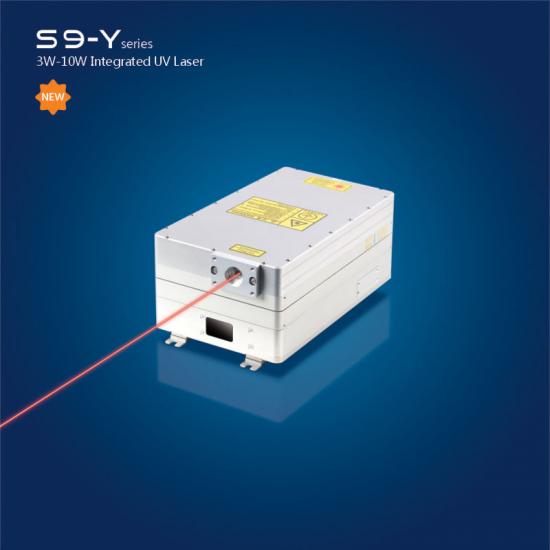Neuester Blog
Mehrere Methoden zur Verbesserung der Markierungseffizienz von kompakten Nanosekundenlasern mit hoher Wiederholungsrate
Sep 17 , 2021
Factors affecting marking efficiency
For a fixed marking pattern, the factors that affect marking efficiency can be divided into the equipment itself and the processing material. From these two factors, it can be subdivided into different aspects:
Therefore, factors such as filling type, field lens (filling line spacing), galvanometer (scanning speed), delay, laser, processing materials, etc., ultimately affect marking efficiency.
Measures to improve marking efficiency
1. Choose the right filling type
Bow-shaped filling: the highest marking efficiency, sometimes there will be problems with connection lines and unevenness. When marking thin graphics and fonts, the above problems will not occur, so bow filling is the first choice.
Two-way filling: The marking efficiency is the second, and the effect is good.
One-way filling: the slowest marking efficiency, rarely used in actual processing.
Shape filling: It is only used when marking thin graphics and fonts, and the efficiency is similar to that of bow filling.
Remarks: In the case of not requiring detailed effects, the use of bow filling can improve marking efficiency. Two-way filling is the best choice to ensure effect and efficiency.
2. Choose the right field lens
The larger the focal length of the field lens, the larger the focused spot; under the same spot overlap rate, the filling line spacing can be increased, thereby improving the marking efficiency.
Remarks: The larger the field lens, the smaller the power density. Therefore, it is necessary to increase the filling line spacing while ensuring sufficient marking energy.
3. Choose a high-speed galvanometer
Ordinary galvanometer, the maximum scanning speed can only reach two to three thousand millimeters per second; high-speed galvanometer, the maximum scanning speed can reach tens of thousands of millimeters per second, effectively increasing the marking efficiency. In addition, when using ordinary galvanometers to mark small graphics or fonts, deformation is prone to occur, and the scanning speed must be reduced to ensure the effect.
4. Set an appropriate delay
Different filling types are affected by different delays, so reducing delays that are not related to the filling type can improve marking efficiency.
Bow fill and round fill: Mainly affected by the corner delay, it can reduce the turn-on delay, turn-off delay, and end delay.
Two-way filling and one-way filling: Mainly affected by the light-on delay and light-off delay, it can reduce the corner delay and end delay.
Note: Thick graphics and fonts are less affected by the delay, so the delay can be reduced appropriately. Thin graphics and fonts are greatly affected by the delay, and the delay can be increased appropriately.
5. Choose the right laser
For lasers that can be used for the first pulse, adjust the height of the first pulse, and the light-on delay can be 0. For two-way filling and one-way filling, which often switch light, it can effectively improve the marking efficiency.
Choosing a laser whose pulse width and pulse frequency are independently adjustable can not only ensure a certain amount of overlap after focusing at high scanning speeds, but also ensure that the laser energy has sufficient peak power to reach the destruction threshold of the material and make the material gas change.
6. Processing materials
For example: good (thick oxide layer, uniform oxidation, no wire drawing treatment, fine sandblasting) anodized aluminum, when the scanning speed reaches two to three thousand millimeters per second, it can also produce a very black effect; poor aluminum oxide, scanning speed It can only reach a few hundred millimeters per second. Therefore, suitable processing materials can effectively improve marking efficiency.
7. Other measures

UV-Laser | grüner Laser | UV-Laser | UV-DPSS-Laser | Nanosekundenlaser | UV-Laserquelle | Festkörperlaser
Aktivieren Sie „Fülllinien gleichmäßig verteilen“
Um dicke Grafiken und Schriften zu markieren, können Sie "Kontur aktivieren" und "Einmal gehen" entfernen.
Wenn es der Effekt zulässt, können Sie die „erweiterte“ „Sprunggeschwindigkeit“ erhöhen und die „Sprungverzögerung“ verringern.
Die Lasermarkierung einer großen Auswahl an Grafiken, die ordnungsgemäß in mehrere zu füllende Teile unterteilt sind, kann die Sprungzeit effektiv reduzieren und die Effizienz der Markierung verbessern.